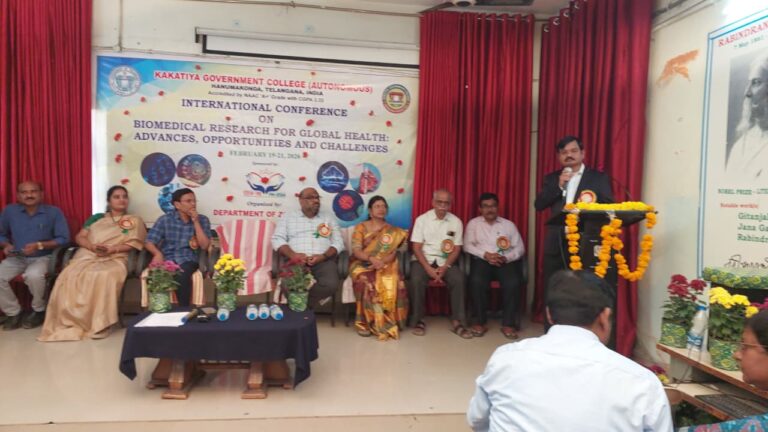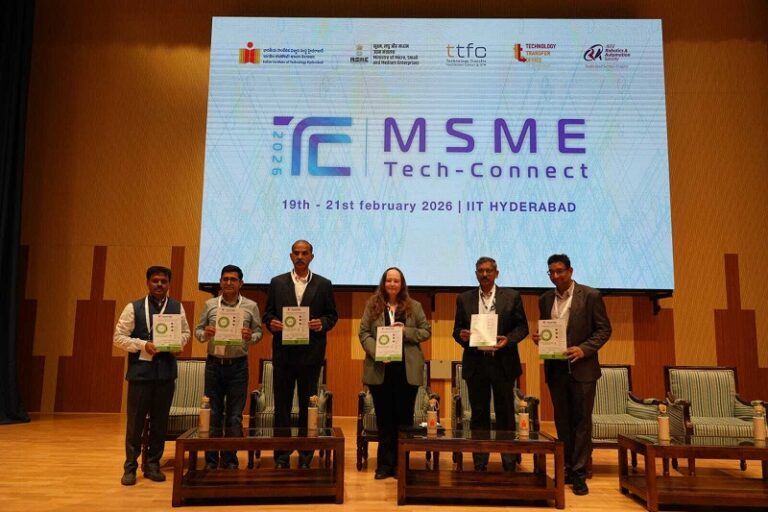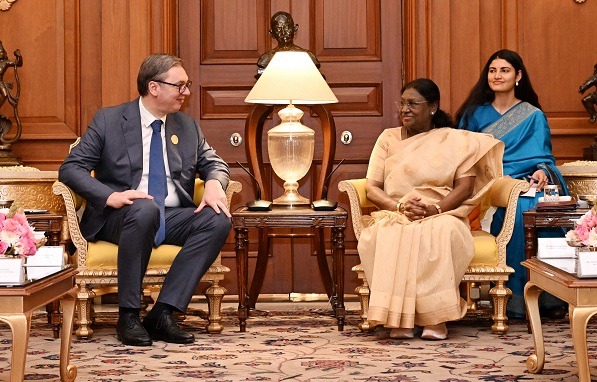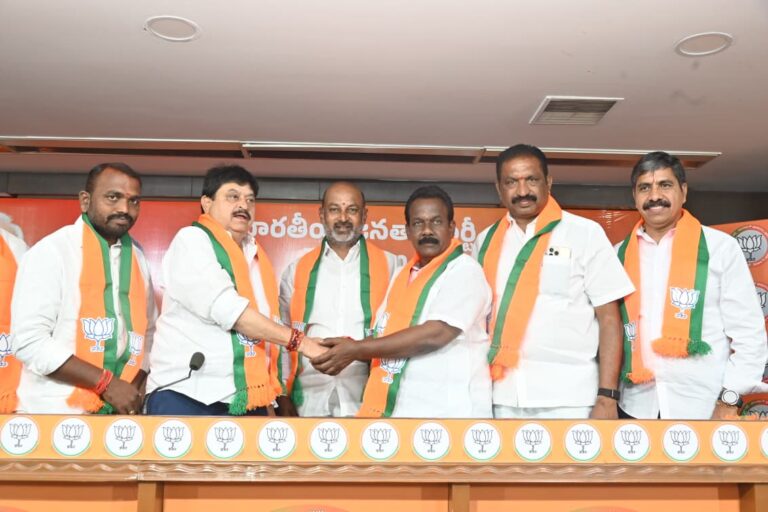
HYDERBAD, JULY 29, 2025; As part of its two-day Camp Sitting in Telangana, the National Human Rights Commission (NHRC) today convened a high-level official meeting with senior officers of the Government of Telangana at Dr. MCR HRD Institute, Jubilee Hills, Hyderabad. The objective was to review key human rights issues and assess the State’s efforts in addressing systemic challenges through institutional mechanisms and welfare interventions.
The meeting was chaired by Justice V. Ramasubramanian, Chairperson, NHRC, and attended by Members Justice Bidyut Ranjan Sarangi and Vijaya Bharati Sayani. Justice Dr. Shameem Akhtar, Chairperson, Telangana State Human Rights Commission, also participated. Senior NHRC officials present included Secretary General Shri Bharat Lal, Director General (Investigation) R.P. Meena, Deputy Registrar (Law) Indrajeet, Dr. Mukesh, and SSP (Investigation) Smt. Ilakkiya Karunagaran,

Chief Secretary Ramakrishna Rao led the State delegation comprising senior officials from key departments, including Home, Women and Child Development, Education, Forest, Agriculture, Finance, SC Development, and Police. The deliberations focused on crimes against women and children, malnutrition, man-animal conflict, education gaps, SC welfare, farmers’ distress, and LGBTQI+ rights.
Ravi Gupta, Special Chief Secretary (Home), coordinated interdepartmental inputs and reiterated the State’s commitment to the rule of law, institutional transparency, and continuous administrative improvement in human rights enforcement.
Charu Sinha, Additional DGP (Women Safety & CID), presented a detailed account of measures undertaken to enhance women’s safety and protect LGBTQI+ rights. She highlighted the expansion of SHE Teams, operationalisation of Bharosa Centres, and setting up of Maithri Clinics—dedicated health facilities for transgender persons with trained staff in each district. She also informed about efforts to employ transgender persons as traffic assistants and the provision of legal aid through Telangana State Legal Services Authority clinics.
Anita Ramachandran, Principal Secretary, Women and Child Development, addressed two major concerns: crimes against children and malnutrition. She elaborated on integrated child protection mechanisms, institutional convergence at the grassroots level, and schemes like Aarogya Lakshmi and Bala Amrutam, which provide hot cooked, nutritious meals to children and lactating mothers. She emphasized the role of Anganwadi workers, ASHAs, and Self-Help Groups in last-mile delivery and community mobilization.
- Suvarna, Principal Chief Conservator of Forests, presented the State’s strategy on addressing the rise in man-animal conflict. She spoke on habitat fragmentation, encroachment issues, implementation of the Forest Rights Act, and deployment of CAMPA funds for ecological restoration. She underlined the need for balancing conservation priorities with tribal and rural livelihood rights.
- Shitija, Managing Director, SC Corporation, provided an overview of schemes focused on socio-economic empowerment of Scheduled Castes, including Rajiv Yuva Vikasam and other livelihood-based interventions. She stressed the importance of financial inclusion, capacity-building, and enterprise development as tools for long-term upliftment.
Naveen Nicolas, Commissioner, School Education, gave a comprehensive presentation on the State’s efforts to improve access to primary education. He detailed initiatives like free distribution of textbooks, notebooks, uniforms, mid-day meals, facial recognition-based attendance, and special enrolment drives under Badibata. He also informed about plans to open new government schools in underserved areas to reduce dropouts and promote enrollment and continuity in schooling.
- Gopi, Director, Agriculture, highlighted key farmer welfare schemes including Rythu Bharosa, Rythu Bima, and crop loan waivers. He stressed the State’s commitment to addressing agrarian distress through timely financial support, crop insurance, and market linkages to secure livelihoods.
Chairperson Justice V. Ramasubramanian, in his concluding remarks, reiterated that the Commission functions as a constitutional watchdog and a constructive ally to the executive. He remarked, “We have excellent laws and well-designed schemes. However, their success depends on consistent implementation and accountability.” He appreciated the Telangana Government for its proactive cooperation during the Camp Sitting.
Chief Secretary Ramakrishna Rao, in his closing remarks, expressed gratitude to the Commission for its constructive engagement and assured continued efforts to strengthen rights-based governance and public accountability.




